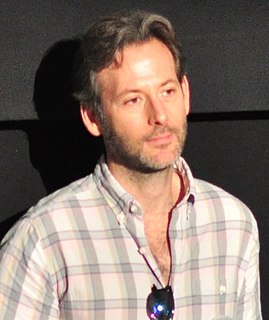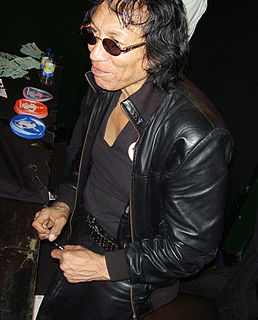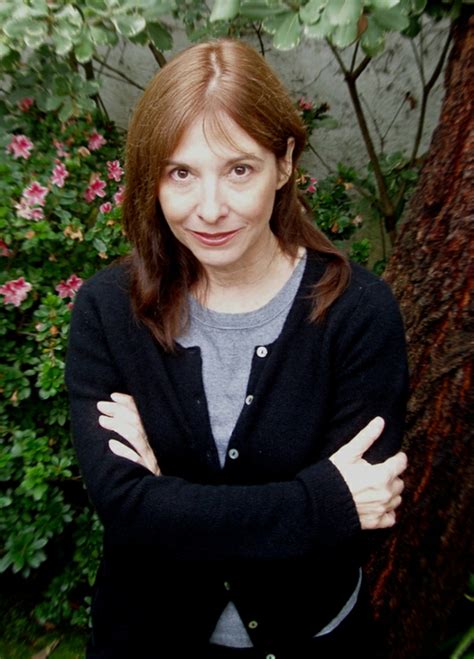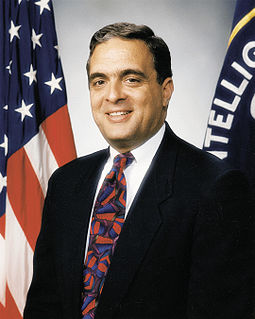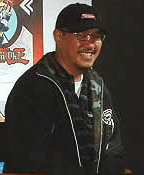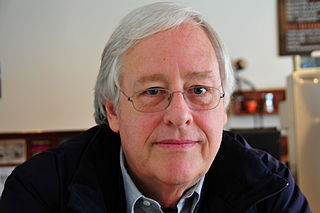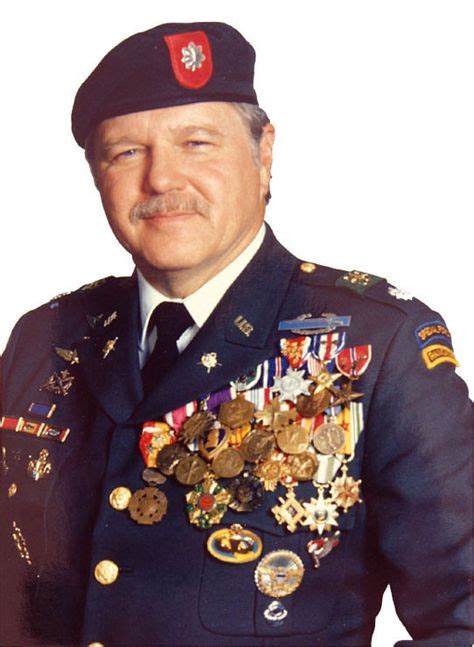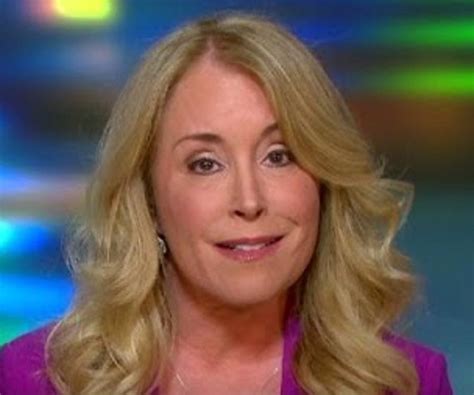A Quote by W. Richard Stevens
After graduating in 1973 I went into the programming field.
Quote Topics
Related Quotes
When I came to the CIA in the mid-'90s, our graduating class of case officers was unbelievably low. Now, after years of rebuilding, our training programs and putting our best efforts to recruit the most talented men and women, we are graduating more clandestine officers than at any time in the history of the Central Intelligence Agency.
Early on in life I knew that I was a writer, that I just wanted to write, I love books, I love literature and after graduating college, I kind of wandered around in Europe learning languages and writing novels and never led anywhere. And then I got into like journalism in New York as a way to kind of maybe find my way into the field and it wasn't a good fit. It just wasn't right for me.
With 'Scratch,' you create computer programs by snapping together graphical programming blocks, much like LEGO bricks, without any of the obscure syntax and punctuation of traditional programming languages. After creating an interactive 'Scratch' project, you can share it on the 'Scratch' website, just as you would share videos on YouTube.
My impression was and is that many programming languages and tools represent solutions looking for problems, and I was determined that my work should not fall into that category. Thus, I follow the literature on programming languages and the debates about programming languages primarily looking for ideas for solutions to problems my colleagues and I have encountered in real applications. Other programming languages constitute a mountain of ideas and inspiration-but it has to be mined carefully to avoid featurism and inconsistencies.


